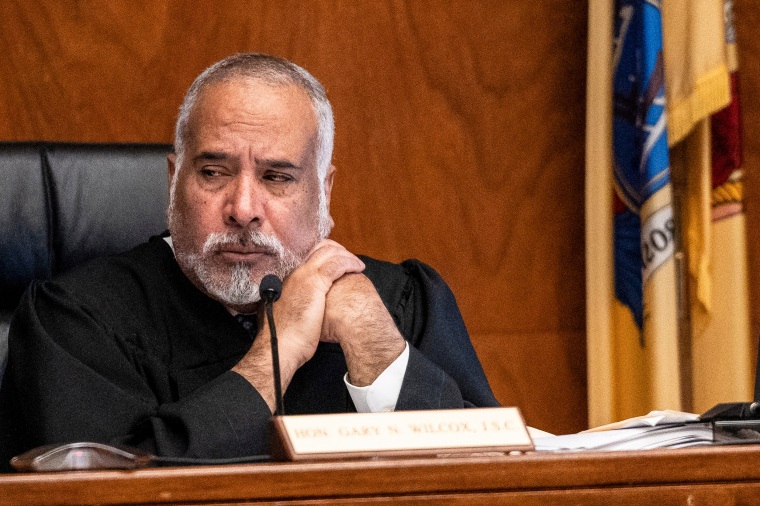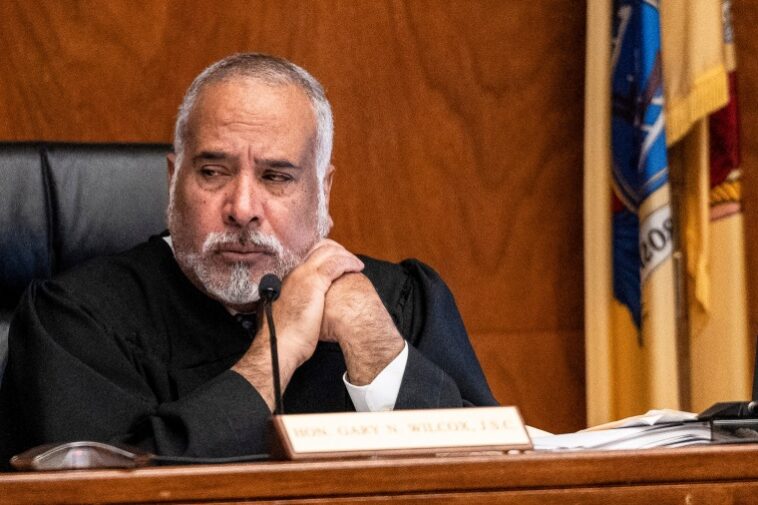
The Dark Side of Internet and Jurisdiction
The Challenge of Cybercrime and Jurisdiction
The rise of the internet has provided society with an unprecedented level of connectedness, convenience, and access to information. However, it has also created new forms of transnational crime. Where a crime is committed online, it can be challenging to determine which jurisdiction has the authority to prosecute it.
The Limits of Traditional Jurisdiction
Traditional jurisdiction is limited by physical borders. When a crime is committed within a particular country’s territory, the laws of that country apply, and courts within that country have jurisdiction over the matter. However, the internet has created a borderless world where a crime committed in one country can affect the citizens or interests of another.
The Patchwork of International Law
The global nature of the internet requires international cooperation to combat cybercrime effectively. However, there are few comprehensive international treaties and laws governing cybersecurity and data protection, resulting in a patchwork of country-specific laws.
International legal frameworks, like the Budapest Convention, have been established to allow cooperation for criminal investigations and proceedings across borders. However, these frameworks are voluntary and only ratified by a small subset of countries.
The Rise of Internet Jurisdiction
The shortcomings of traditional jurisdiction and the lack of comprehensive international law governing the internet have driven some countries to assert their sovereignty over online activities. This has led to the rise of internet jurisdiction, whereby countries claim the power to regulate online conduct that affects their citizens, regardless of where that conduct originates.
The Extraterritorial Reach of Internet Jurisdiction
Internet jurisdiction can extend beyond a country’s borders and into the territory of other countries. This creates potential conflicts of law where the same behavior is legal in one country but illegal in another. For instance, a company may operate legally under the laws of one country but face prosecution in another over the same business practices.
The Role of Private Actors
Internet companies such as Google, Facebook, and Twitter, play a crucial role in shaping the scope and reach of internet jurisdiction. As gatekeepers of online content, they are often required to comply with national laws and remove illegal content. However, the removal of particular content in one country may be seen as censorship in another.
The Implications of Internet Jurisdiction on Free Speech and Human Rights
The exercise of internet jurisdiction can impact human rights, particularly freedom of expression and access to information. Governments may use internet jurisdiction to censor online content and silence political opposition.
The Threat to Freedom of Expression
Internet jurisdiction can provide a legal basis for governments to restrict online content, even when the same content would be protected by the right to freedom of expression under international law. The extraterritorial reach of internet jurisdiction can enable censorship by one government to spill across borders, suppressing speech that is lawful in another country.
Concerns for Due Process
The use of internet jurisdiction for law enforcement purposes can also raise fundamental concerns for due process, including respect for the rule of law and the right to an impartial tribunal. Extraterritorial law enforcement can undermine the sovereignty of other countries and disregard their legal systems and procedures.
The Way Forward
Addressing the challenges of internet jurisdiction requires a multilateral approach that balances the need for national sovereignty with the protection of international human rights.
Reform of International Law
Comprehensive international law governing the internet must be established to create clear legal standards that promote cybersecurity and protect human rights in cyberspace. This would require a broad-based international agreement to define a common framework for internet governance.
Transparency and Oversight
Limiting the impacts of internet jurisdiction on human rights and due process requires the establishment of effective oversight mechanisms that ensure transparency and accountability for internet companies and governments. This would necessitate international cooperation to develop standards on how private entities should comply with governments’ requests for content removal or user information.
Flexible Solutions
The development of flexible solutions is needed to balance the need for national law enforcement with the protection of human rights. This could involve the establishment of international mechanisms for assessing the legitimacy of requests for information or content removal.
Conclusion
The rise of internet jurisdiction creates novel challenges for traditional ideas of sovereignty, law enforcement, and human rights. A multilateral approach that addresses these challenges in a holistic manner is needed to protect citizens’ rights without hindering effective law enforcement in cyberspace.
Originally Post From https://www.law.com/dailyreportonline/2024/06/17/judge-under-investigation-for-alleged-ex-parte-communication-ruling-delays-and-defunct-impartiality/
Read more about this topic at
Super Creative Ideas for Crafting Content Topics Your …
Creative Content Writing Tips: 50 Ways to Create Shareable …


